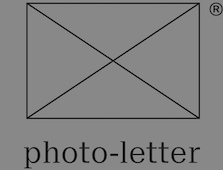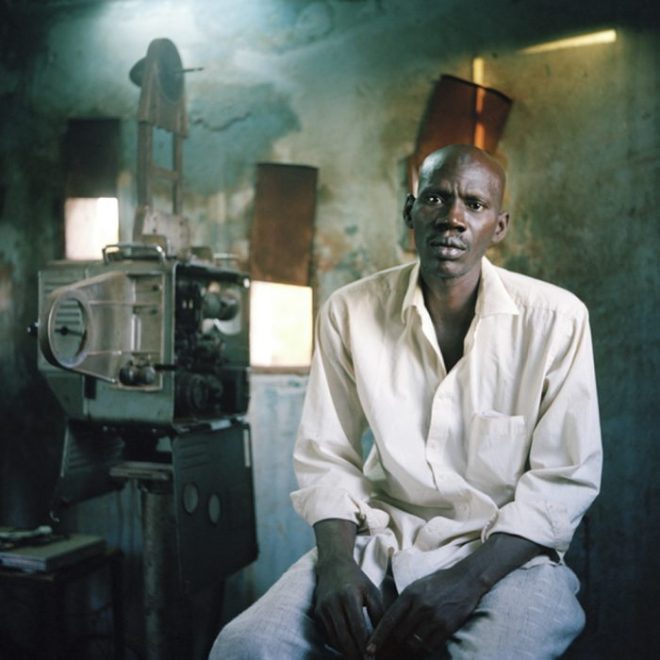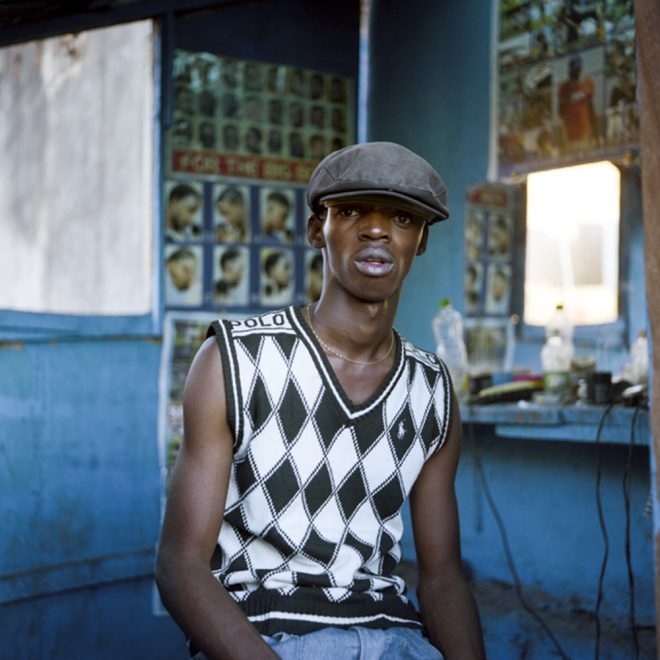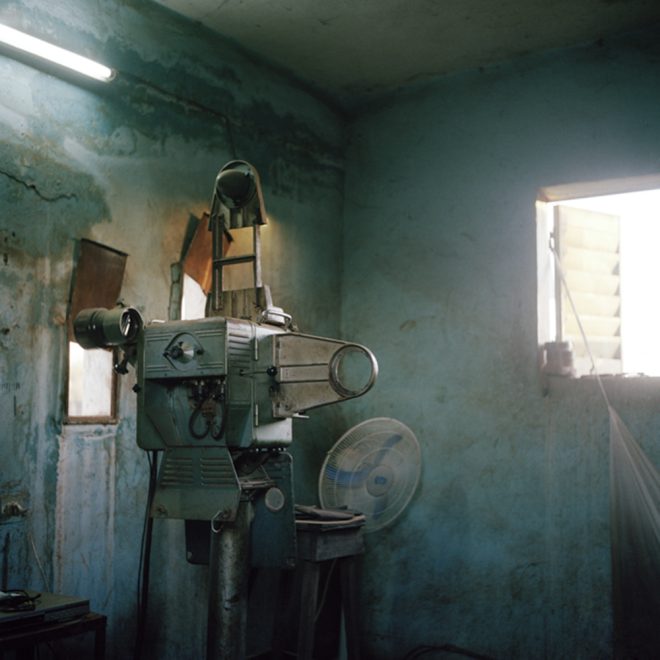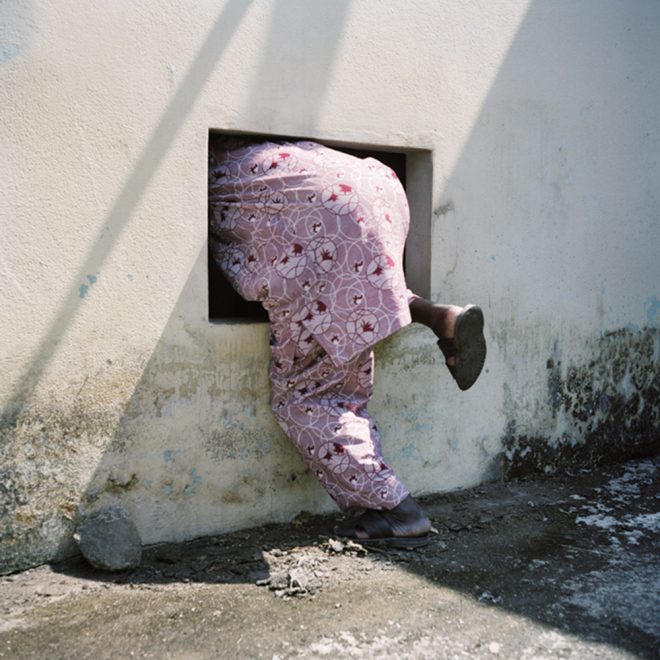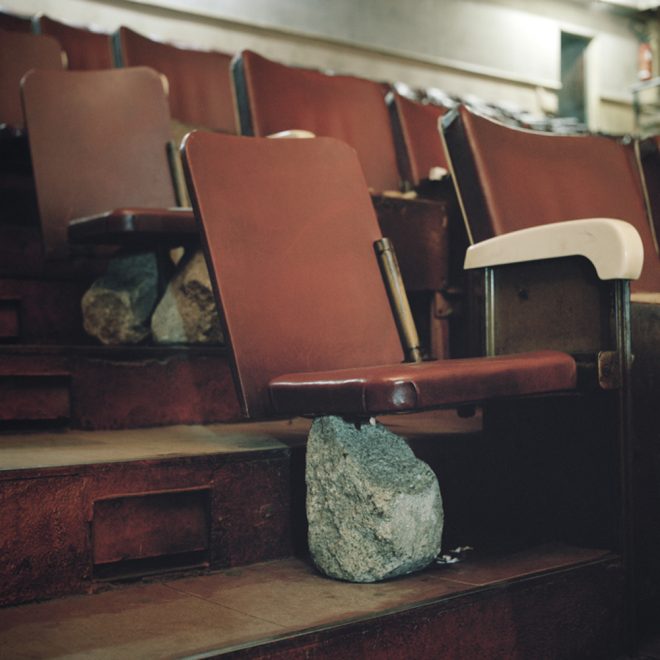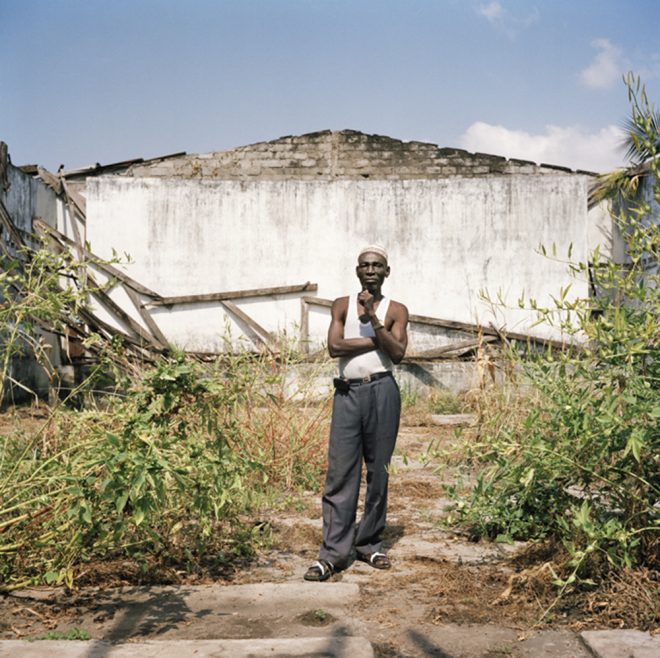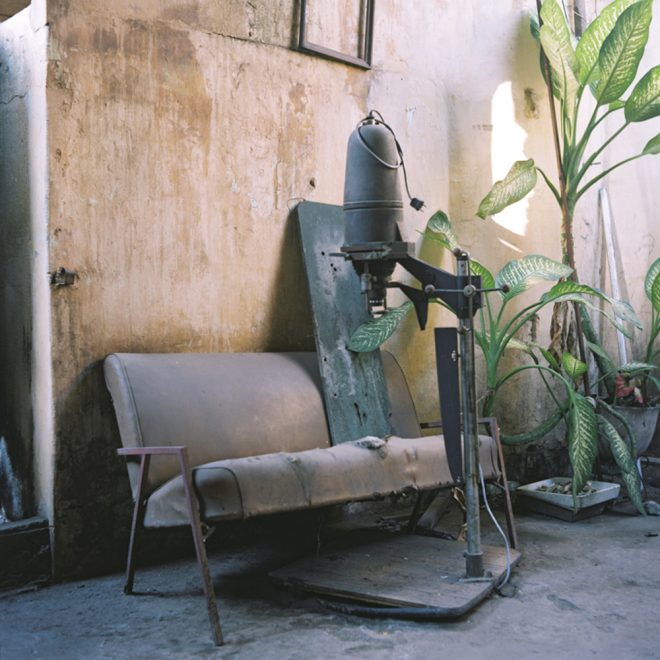The Last Picture Show
Cecile Burban
2014 – 2023 — Burkina Faso, Mali, Madagascar, Togo
About this series
Urbanism testifies the shift of a society, The Last Picture Show evokes, through the disappearance of these so particular places that are African district’s cinemas, the one of a vector of culture, education, exchanges and wonder, which contributes to the social bond.These places are not ruins or contemporary affectations. They are engaged in a silent battle. Brimming with history and soul, these relics resound with the emotion and laughter of thousands and a collective memory.
Resisting obliteration, these spaces are alike in that they all share a profound union with one person. The fragile endurance of these cinemas would not be possible were it not for the passion of film-makers battling to revive them, and the projectionists, turned stubborn caretakers.
And there they remain—places and watchmen—awaiting a viable solution, in this space in-between a melancholy of sorts and a determined hope.
In Mali notably, cinema has always had a particularly important role, embodying art and infrastructure, leisure and social cohesion, and cultural and cross-generational encounters. Political films often disinhibit the speech of the people, following the verbal tradition of palaver and tale by exploring age-old themes such as family, taboos and communication, with a healthy dose of fun.
From economic debt to jihadists conquests, culture, democracy’s pillar is a strategic victim of economic policies and territorial and ideologic battle for decades.
The Last Picture Show is a series of portraits of these silenced African cinemas and their protectors, who know that if men build spaces, some spaces may also contribute to building mankind.
Photographer: Cecile Burban
Nationality: French
Based in: Paris, France
Website: cecileburban.com
Instagram: @cecile_burban
Cécile Burban is a French photographer.
Autodidact, she trained in teams of artistic photographers after working in film industry.
Her work, guided by an intuitive approach, is a poetic investigation of physical and psychological landscapes. She explores the imperceptible links we weave with our environment, and questions the variations there: mutation and renewal, mixing intimate experience with the collective narrative.
Her projects has received distinctions and has been shown in festivals and galleries in France and abroad.
She is a member of Mirage Collectif.
